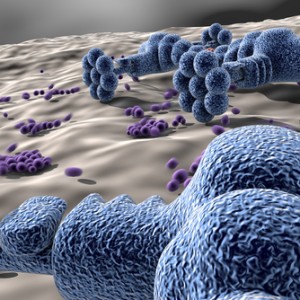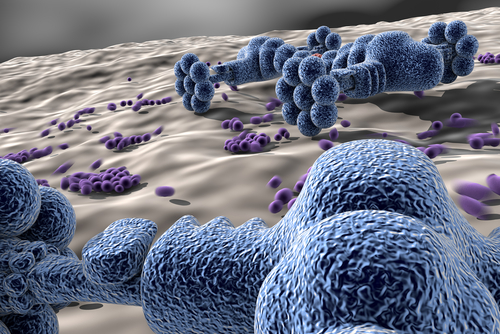 A recent study from University of North Carolina researchers has been published in the Clinical Cancer Research journal, revealing that new drugs based on nanoparticles have not significantly improved overall survival rates for breast cancer patients.
A recent study from University of North Carolina researchers has been published in the Clinical Cancer Research journal, revealing that new drugs based on nanoparticles have not significantly improved overall survival rates for breast cancer patients.
Nanoparticles are microscopic containers that carry and deliver drugs directly to tumor cells. According to the research team, this observed failure in patient survival could be due to the constituents of the tumor microenvironment, rather than the actual drugs.
This scientific work combined established ideas about cancer with new insights in cancer treatment. It enhanced the relevance of personalized medicine but also reinforced a new concept, emphasizing that tumor micro-environment can affect drug delivery into tumors. The influence of the micro-environment is variable depending on the patient and also varies between single tumors, which can further complicate the search for the motifs behind these observations.
Study’s senior author, who is also a professor at the UNC Eshelman School of Pharmacy, Dr. William Zamboni, explained in a news release: “Tumors create bad neighborhoods. They spawn leaky, jumbled blood vessels that are like broken streets, blind alleys and busted sewers. There are vacant lots densely overgrown with collagen fibers. Immune-system cells patrolling the streets might be good guys turned bad, actually working for the tumor. And we’re trying to get a large truckload of medicine through all of that.”
The UNC School of Medicine and the UNC Lineberger Comprehensive Cancer Center joined forces to assess if doxorubicin, a standard small-molecule cancer drug, and Doxil, its nanoparticle version, could act into two models of triple-negative breast-cancer tumors, which has the poorest diagnosis of all types of breast cancer accounting for 10-17% of all breast cancer the cases.
[adrotate group=”3″]
Researchers found that Doxil, the nanoparticle, could significantly reach closer to both triple-negative breast-cancer tumors in comparison to doxorubicin. They also found that Doxil was two times more “delivered into the C3-TAg triple-negative breast cancer tumor than to the T11 triple-negative breast cancer tumor,” according to Dr. Zamboni. “These tumors are subtypes of a subtype of one kind of cancer and are relatively closely related. If the differences in delivering nanoagents to these two tumors are so significant, we can only imagine what the differences might be between breast cancer and lung cancer”, he explained in the news release.
The author suggests that knowing more about the tumors and their microenvironments could be crucial to improve therapies based on nanoparticles. “It looks like the tumor microenvironment could play a big role in cancer treatment. It may be the factor that could point us in the right direction for personalized care not only for triple-negative breast cancer but for any type,” he concluded.

